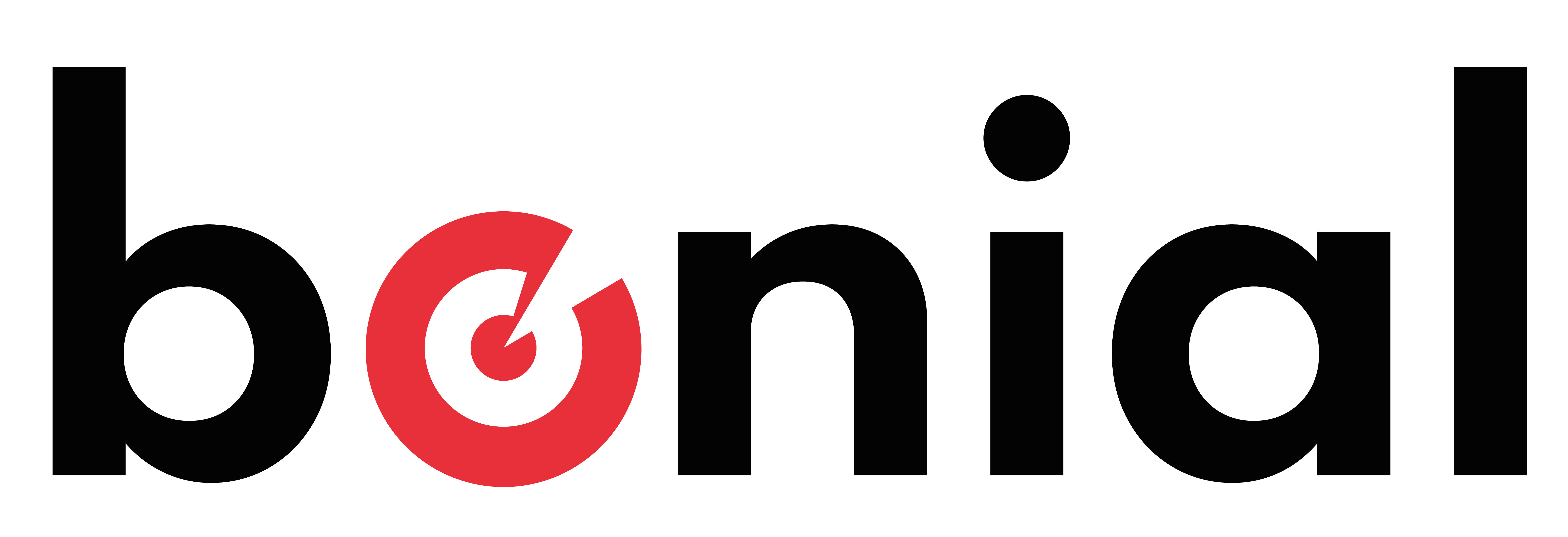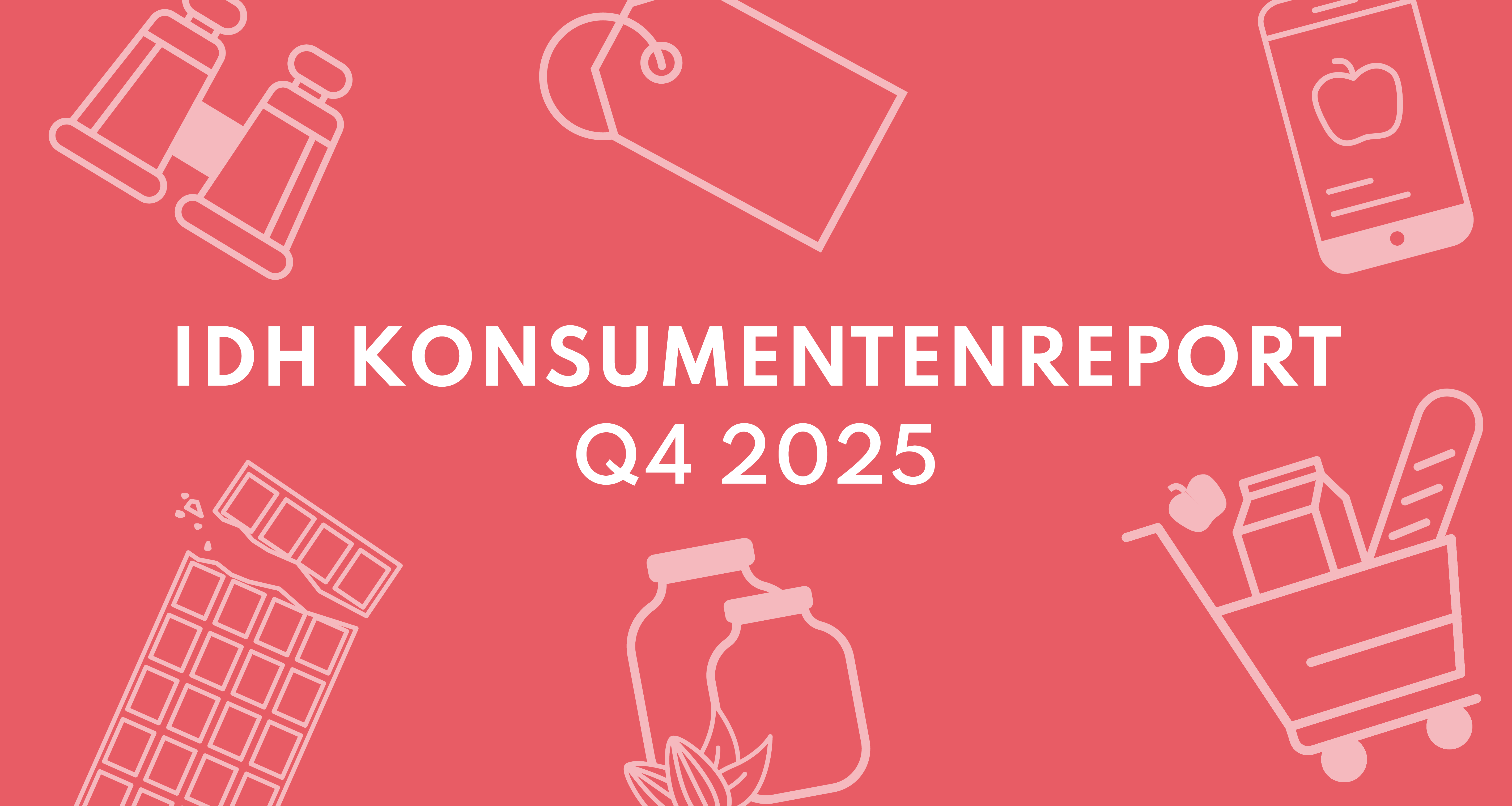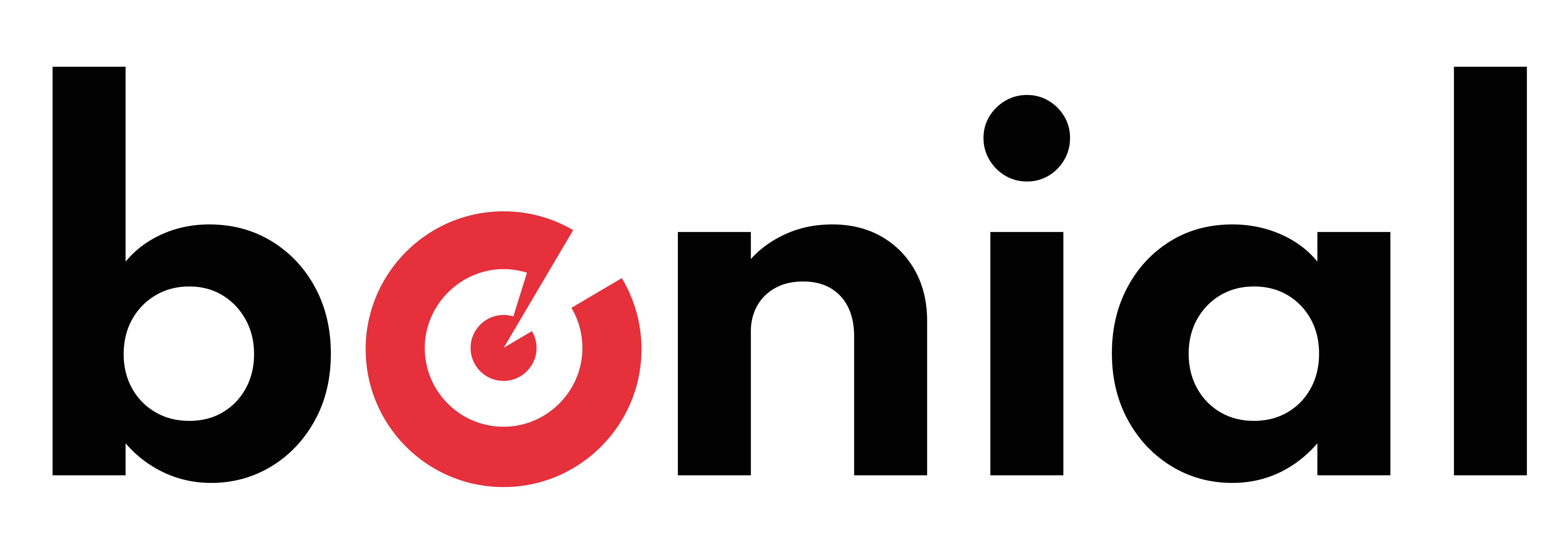Growth in people is the real growth of a company. Career growth and business growth are mutually beneficial, and they support each other. Wisely curated development plans bring higher engagement rates among employees, align expectations, and create a solid foundation for feedback talks. Lately, most tech companies realize the importance of having a good development plan for their employees. Although it’s an essential topic for both leaders and engineers, it’s sometimes forgotten or deprioritized amongst the daily hassles of business.
I’d like to share the fundamental points that should be considered while planning career development. A comprehensive plan requires preparation, guidance, and follow-ups.
First of all, a development plan should be personalized and realistic. It needs to be owned by the engineer and supported by leads. The company culture, business needs, and team dynamics are important to consider to make the development plan achievable. Before starting anything, it’s crucial to pick an ultimate development goal. There may be several determinants when choosing a destination.
Supporting personal interests
A development goal will be more engaging if it stems from personal interests. For example, if an engineer is interested in the latest technology, they probably want to try them out. It’s good to create a space for experiments with new tools to encourage innovation and continuous learning. Of course, we need to keep in mind that we do not want to create a post-apocalyptic tech stack environment.
Increasing the technical expertise of the team
We all know the 10,000-hour rule from the best selling book by Malcolm Gladwell for achieving world-class expertise in any skill. Growing the expertise level of each individual will increase the team’s collective craftsmanship. Complementing the development goals of team members will be more effective in the long run. One for all and all for one, like Alexandre Dumas says!
Do we expect these regulations and limitations regarding data privacy to increase in the future?
Businesses require more and more technology integration, and tech departments are crucial for a company’s success. To reduce time to market, an increase in tech performance becomes necessary along with the right business decisions. As tech team members, we need to deliver our best to support business goals. Broad development goals will contribute to excel the business as well.
It’s possible to populate the factors, but let’s continue with the development plan itself.
After deciding on the development goal, we need to choose the milestones and our gameplan. It is critical not to expect the same degree of actions and outputs from different levels of seniority. For relatively less experienced engineers, it is generally acceptable to invest in their hard (technical) skills. With more experience, it’s ok to expect more innovation, independent action, and an increase in impact.
Plans should be owned by engineers and supported by leads. The realization that each person owns their goal is the driver aspect of the whole journey.
All the development steps need to embrace SMART (Specific, Measurable, Achievable, Relevant, and Time-bound) actions. They will be the stairs that help us achieve our goals faster and steadier.
I have a few tips regarding the measurement of a development plan’s success. I don’t believe in the enduring myth of ‘If you can’t measure it, you can’t manage it.’ However, I genuinely believe that measuring is a vital component of improvement. To ensure that a plan is progressing in the right direction, we need to find a way to define success. Measuring the advancement of a person is vastly different from assessing the performance of a product.
A successful plan requires astute communication. The ultimate way to evaluate a development plan is to schedule regular follow-up talks. Follow-up talks are necessary for reviewing goals, timelines and giving feedback. It’s important to voice out loud impediments and what is stopping progress. What are the bottlenecks for the plan? Can the new skills be used without support?
Another important aspect of development plans is recognizing accomplishments. We need to review and celebrate what has been achieved so we can keep our motivation in place. However, leads and engineers should talk about failures as well. Failures should be embraced and learned from. Leader support is a crucial element in this stage; without support provided to our colleagues, it is difficult to achieve any goal.
Final words
In theory, everything sounds flawless and easy, but there are too many unknowns in reality, and it’s often difficult to achieve our goals precisely as planned. There will always be elements that we can not anticipate, along with last-minute changes. Time constraints, missing tools, inability to measure, pressing business priorities, and many more challenges will not simply disappear. However, acknowledging the situation and deciding on the next steps with constraints is always much better than doing nothing. A winning development plan is an adaptive plan, with “smart” goals, regular follow-ups, and an engineer’s committed ownership.
Author

This article was written by Fevzi Kahraman, a Team Lead at Bonial.







